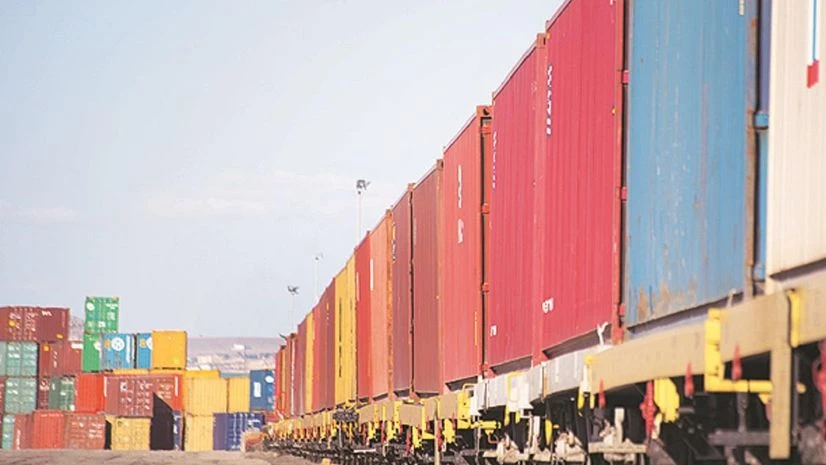Economic recession in Germany is likely to impact India's exports from various sectors like chemicals, machinery, apparel and electronics to the European nation, Chairman of the CII Committee on EXIM Sanjay Budhia has said.
He, however, said that it is too early to see the impact of the economic recession in Germany on India's exports.
Germany, the world's fourth-largest economy, is facing recession as its GDP fell 0.3 per cent in the first quarter of 2023, following a decline of 0.5 per cent in the fourth quarter of the last year.
In 2022, 4.4 per cent of India's total exports were to Germany, concentrated mainly in sectors like organic chemicals, machinery, electronics, apparel, footwear, articles of iron and steel and leather goods.
Even though it's too early to see the impact of Germany's recession on India's exports, the sectors mentioned above will likely be the ones most affected, he told PTI.
Also Read
He said the entire European Union is dealing with the rising energy prices that have led to recession in Germany for two consecutive quarters.
With its largest economy entering into a recession, the EU as a whole is bound to feel contractionary pressures as well. Around 14 per cent of India's total exports is to the EU, with Germany being the top destination of Indian exports, followed by Netherlands, Belgium, Italy, and France, he added.
Citing a report, he said the think-tank Global Trade Research Initiative (GTRI) has estimated that the recession will impact India's exports of value USD 2 billion, including products like smartphones, apparel, footwear and leather goods.
On investments from Germany, he said that a recession in the European nation might have an impact on its investments in India. However, it is likely that German companies may seek cheaper alternatives during recessionary conditions.
This can lead to minimal effects on German investments in India, Budhia added.
Looking at India's FDI from 2000 to 2022, Germany ranks 9th in the total FDI inflow, and it has cumulatively invested over USD 13.6 billion in areas like transportation, electrical equipment, metallurgical industries, services sector (particularly insurance), chemicals, construction activity, trading and automobiles.
(Only the headline and picture of this report may have been reworked by the Business Standard staff; the rest of the content is auto-generated from a syndicated feed.)

)
